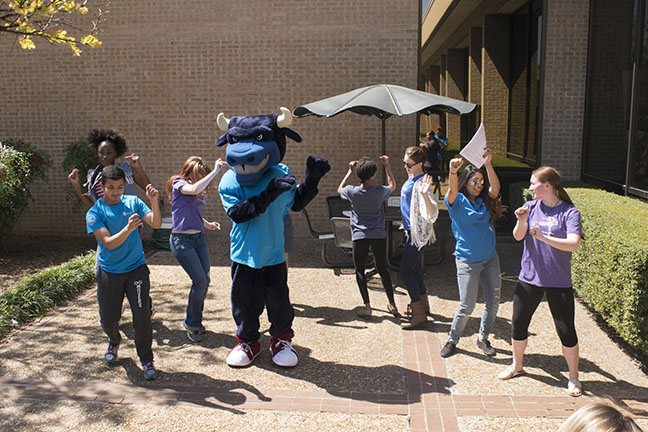By Larraine Lee/reporter
Saving a little out of every paycheck is a good start to securing long-term financial stability, according to the Setting Goals: Getting There financial literacy program presented by Joe Rodriguez of the NE financial aid office March 24.
Rodriguez told students that their goals, whether general or specific, should be classified into short-, medium- or long-term. Short-term goals should be ones to meet in the next 12 months, he said. They include small expenses such as repairing a laptop or changing tires on a car. Large purchases such as planning for a wedding or expecting a baby are examples of medium-term goals ranging from one to seven years, Rodriguez said. Long-term goals are the most expensive, he said, and they take longer to reach and require more savings.
Rodriguez said writing a specific description of a financial goal, allotting a time frame to it and knowing how much it will cost will help a person achieve success.
“Sometimes, it’s not buying something that gives you a rude awakening,” he said. “The awakening could come from wanting something we won’t be able to buy because we’re mismanaging our money now. Managing money may be easier if you set behavioral goals.”
For instance, to prevent impulse buying, he suggested students shop without a wallet or carry a limited amount of cash. Another behavioral strategy, he said, would be to not go grocery shopping on an empty stomach.
“Some experts suggest having a savings account with enough money to cover three to six months of expenses for large emergencies,” he said. “The idea of building this fund applies most directly to loss of income from injuries, illness or loss of job.”
Rodriguez quoted Consumer Federation of America research study suggesting that about $1,500 to $2,000 in savings will allow people to meet most small emergencies.
NE student Kaitlyn Joiner said she enjoyed the presentation.
“I was interested in it because I struggle with saving,” she said. “I will start actually saving and creating that fund he talked about for emergencies.”






















